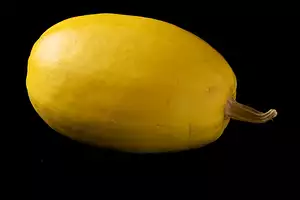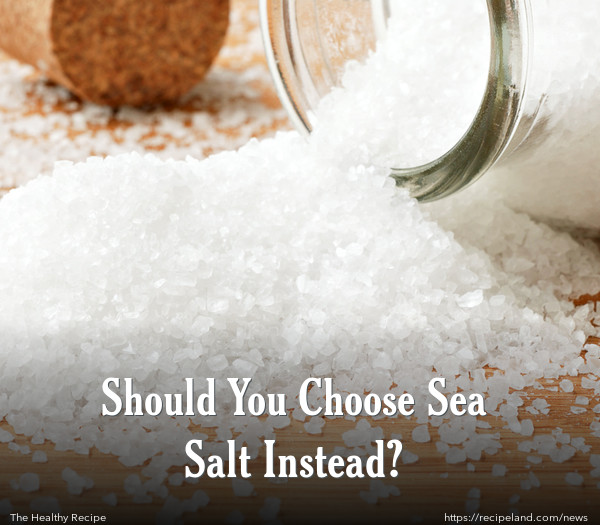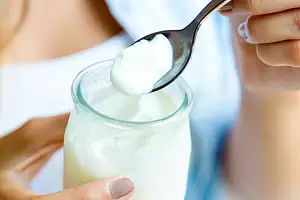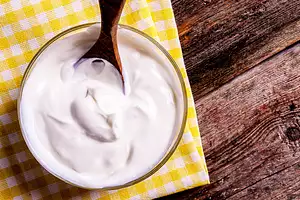There is a great debate about whether or not salt is bad for you, and now many are discussing whether there is a significant difference between table salt and sea salt. Is one better than the other when it comes to your health?
Salt has long been seen as a “bad guy” when it comes to your diet. Many try to avoid it altogether, others pour it on like there’s no tomorrow.
How much are you hurting your health? What if you make a switch to sea salt from table salt? Unfortunately, the answer is not a simple yes or no. There are several things that need to be taken into consideration before deciding.
For starters, sea salt comes from the residue that is left behind when ocean water or water from salt lakes evaporates, while table salt is mined from salt deposits deep below the earth’s surface.
It doesn’t make much difference in the amount of sodium if the salt is mined or evaporated, but because there is a wide discrepancy in the size of the crystals produced, the amount of salt you use in a “pinch” or a shake could vary considerably.
Nutritionally, the difference comes from how the salt is actually processed and delivered to you. Table salt is highly refined, and stripped off most of the nutrients. Additives are included, to help prevent the salt from clumping.
According to Pamela Peeke, M.D., MPH, FACP, a prominent nutritionist and author of The Hunger Fix, "Most table salt also has added iodine, an essential nutrient that helps maintain a healthy thyroid. But adding iodine can be a problem as well. If you eat a well-balanced diet, you probably already get enough, meaning that any excess could lead to nausea, headaches, and whacked-out hormone levels.”
Sea salt is not processed nearly as much, which allows many of the healthy trace minerals to remain. Many sea salts are visibly different in terms of colour and texture, as a result.
When choosing salt, whether you opt for the refined table salt versions or the evaporated sea salt, selecting the least processed and least refined versions is always going to be a better choice.
Read the labels carefully and know exactly what it is you are putting into your body. When the only ingredient you find is “sodium chloride,” you can be assured that it is highly refined.
If you are looking for less refined versions, look for a hint of colour, as sea salt is usually not as pure white as table salt, often being pinkish or off-white in colour.
This means that there are trace minerals and nutrients remaining after crystallization. And, either way, use the salt sparingly for good health.
SOURCES: https://www.foxnews.com/health/2014/01/30/is-sea-salt-healthier-than-table-salt/;https://www.heart.org/HEARTORG/GettingHealthy/NutritionCenter/
HealthyDietGoals/Sea-Salt-Vs-Table-Salt_UCM_430992_Article.jsp; Image courtesy of Grant Cochrane / FreeDigitalPhotos.net










Comments